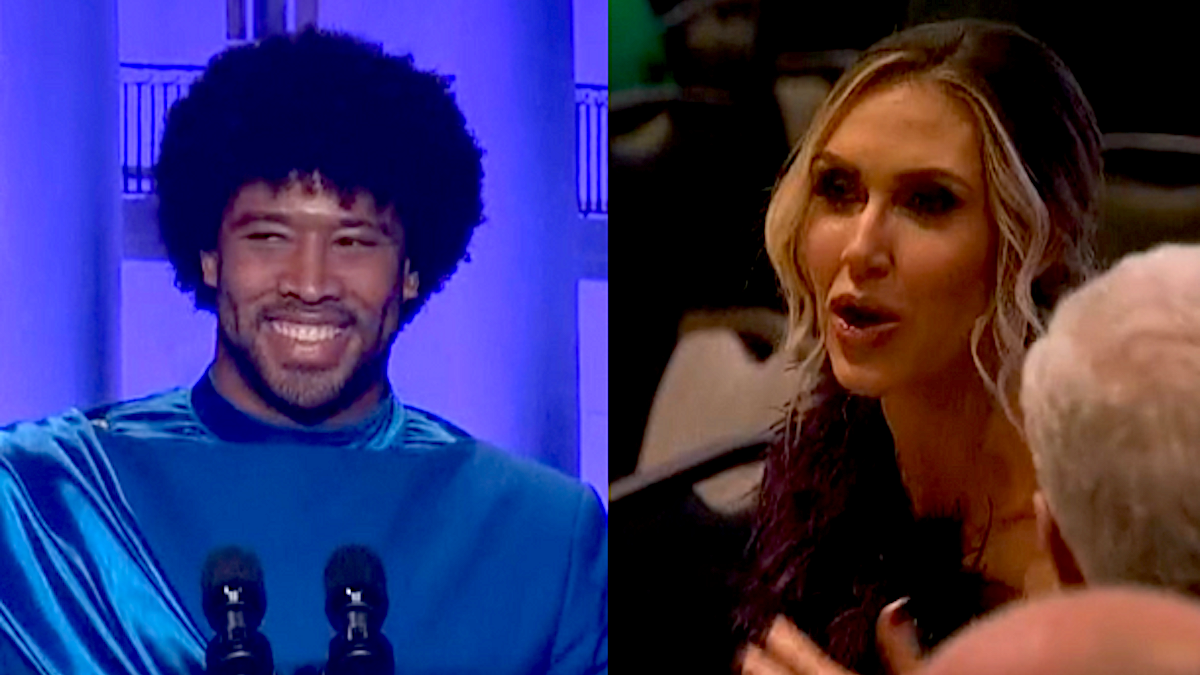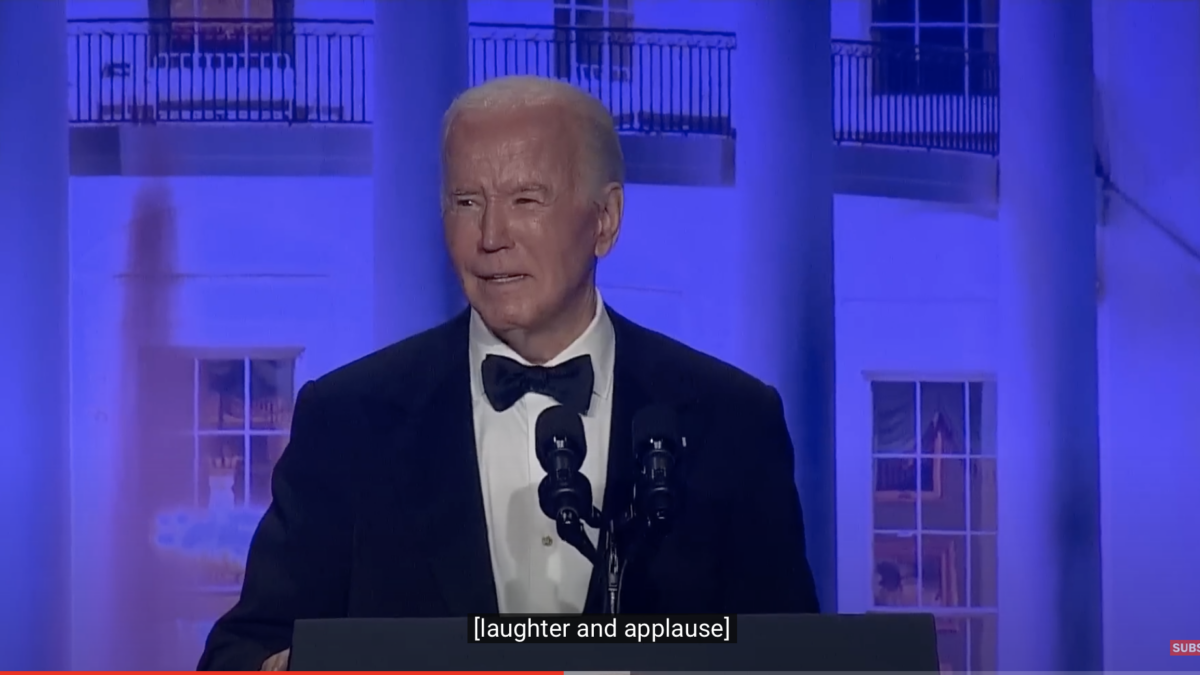Since the GOP’s populist turn in 2016, the party has steadily lost ground in the suburbs and among independents. They have not had a single positive election cycle since. And the electoral failures of 2023 are just another instance of the mythological populist realignment undermining their prospects.
The GOP has perhaps the strongest case to make for taking power in decades. The border is —well, just ask the Democrat mayor in a major city. Crime is a problem. The left has been defending the mutilation of children and pornography in schools. The president is a doddering, incoherent mess with a growing corruption problem. Those are all big issues. They matter.
But the top issue in virtually every poll, and it’s not even close, is the economy. The Democrats’ massive welfare expansion and self-destructive energy policy sparked inflation. According to Gallup, 53 percent of respondents say the GOP would do a better job at “keeping the country prosperous over the next few years” compared to 39 percent for Democrats. It’s the widest gap in over 30 years. A recent NBC News poll shows Republicans with a 21-point advantage on the economy, 49-28 percent.
Other than some platitudes about Bidenomics, what was the GOP’s economic message? They don’t have one. The right’s misplaced obsession with “working class” voters has led to a watered-down, leftist approach to the economy that creates a muddled, incoherent rhetorical mess on an issue Republicans should be dominating.
In most places, the working class is shrinking, and the middle class keeps growing. People are moving out of the Rust Belt to Nevada and Florida, and yet a big chunk of the GOP is reluctant to press on tax cuts and deregulation for fear of sounding too much like “Reagan” — the worst sin one can apparently commit these days.
Most suburban families are dispositional conservatives. Many are not strongly ideological. They certainly won’t be galvanized in large numbers by “based” dunks on libs. And yet, so many Republican candidates tie themselves to the aesthetic and tonal qualities admired by the new right social media grifter class. These people live in a hermetically sealed political bubble.
And, of course, Republicans also wrap themselves around the fortunes of Donald Trump. But while the former president is popular with Republicans, he is not particularly popular with Americans. Trump, like him or not, has an inherent grasp of connecting with crowds. Candidates who try and ape him sound like clownish impressionists.
In some ways, Trump’s success is reminiscent of Barack Obama’s, a president who was well-liked by Democrats but an electoral disaster for the national party, which lost over a thousand seats during his presidency. And Trump might well beat Biden, because the former is a force onto itself and the latter is catastrophically bad at his job, but that doesn’t mean Republicans are going to win the country.
Moreover, the new right took all the wrong lessons from 2016. Trump’s greatest victories were completely in line with post-1980s Reagan conservatism — a tax cut, deregulation, constitutionalist judges, and tougher stances on crime and lawlessness. But when Trump won Michigan and Pennsylvania in 2016, right-wing institutions convinced themselves that populist messaging was the future. In the meantime, those states are gone, and the GOP is going to end up losing Arizona and Georgia and others, as well.
The populists mock antiquated Reaganism — they seem to believe the era’s message was predicated solely on tax cuts and forget the optimistic rhetoric that tied social and economic conservatism to prosperity and security — but it was far more effective than the dour victimhood and statism of the economic populist.
Voters already have a big-spending, pro-union, big government, welfare state party. And Americans who have homes and kids and property taxes and bad schools and high grocery store bills aren’t going to be moved by Trump’s problems with the Justice Department or the plight of “manufacturing” jobs or Matt Gaetz’s hurt feelings, which dominated the news for the month. It doesn’t necessarily mean those issues aren’t important, though some surely aren’t, but that you need a coherent, holistic approach to politics that is completely undercut by opaque and constantly shifting demands of right-populism.
Social and economic conservatives like Brian Kemp, Ron DeSantis, and Glenn Youngkin — who, despite conventional wisdom, do well in a redistricted state that Biden won by 10-plus points — are the most successful politicians on the right. But because they wear the wrong boots, or don’t show enough subservience to Trump, or aren’t interested in relitigating 2020, or because they don’t adopt a choleric tone, they are often dismissed as losers.
Do you know what time it is? It’s going to be 1977 forever if Republicans keep this up.









